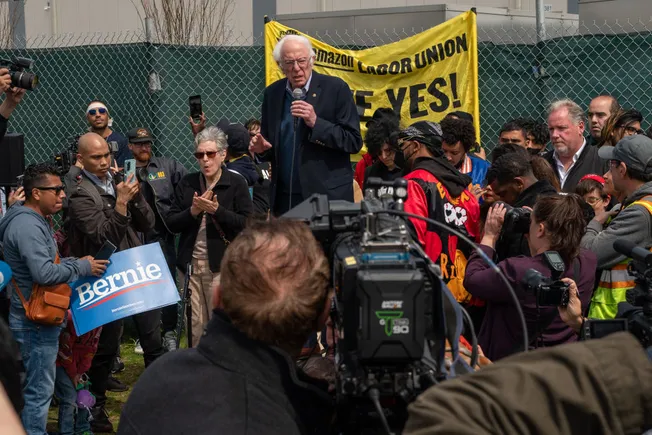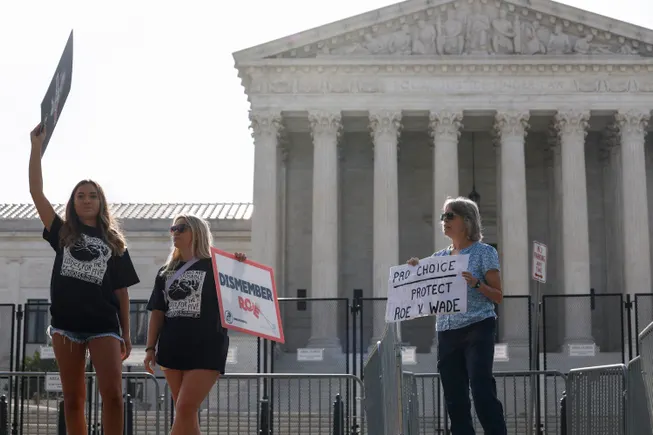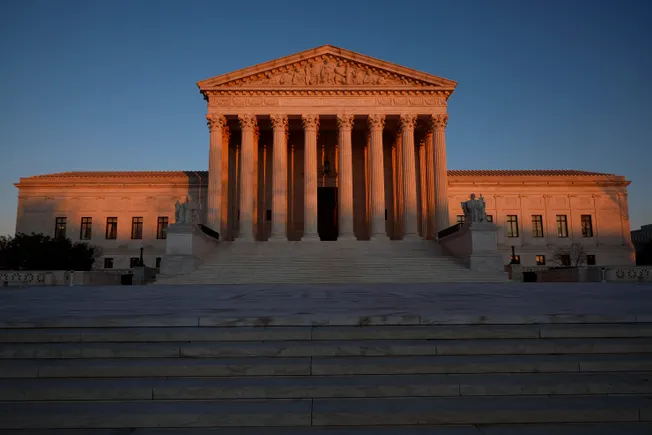Dive Brief:
- Amazon.com Services LLC violated federal labor law in multiple cases at a Staten Island, N.Y., warehouse when it failed to provide workers the opportunity to have a union representative present during disciplinary meetings and suspended a worker for 10 weeks with pay for being a union leader, a National Labor Relations Board judge ruled May 6.
- Administrative Law Judge Benjamin Green did, however, dismiss charges alleging Amazon suspended and discharged another employee for union activity.
- The company and Amazon Labor Union have been at odds since the warehouse workers won a historic election vote for union representation in 2022 and were later certified by NLRB. Neither Amazon nor the union immediately responded to a request for comment.
Dive Insight:
After the union’s certification, Amazon refused to acknowledge or bargain with the union, and illegally failed to permit workers to have representatives present in disciplinary hearings because they allegedly didn’t have a union, the judge said.
This violated the National Labor Relations Act, Green said, which protects workers’ right to self-organize, bargain collectively and engage in concerted activities.
Under the law, workers have what are known as “Weingarten rights,” which allow them to, on request, have a representative — a union steward, business agent or officer, or fellow employee — “present during an interview that the employee reasonably believes could lead to discipline,” per NLRB. Green ruled that Amazon denied Weingarten rights to five workers in various circumstances.
Amazon also violated the NLRA when the company suspended the worker for 10 weeks for being a known union leader, Green said. This showed disparate treatment, because investigations of other workers were often completed within a week, per the ruling.
“In my opinion, the strongest evidence of antiunion animus is the Respondent’s failure to articulate a reason why [the] investigation took as long as it did,” Green said. “Here, the evidence indicates that, within a week […], the Respondent had collected evidence relevant to the investigation. The record does not indicate that the Respondent collected any additional evidence after the first week.”
Green dismissed allegations that Amazon similarly violated the law in its suspension and discharge of another worker involved in union activity, because “ultimately, there was nothing suspicious about the timing of [the worker’s] suspension and discharge,” he said.






Leave a Reply